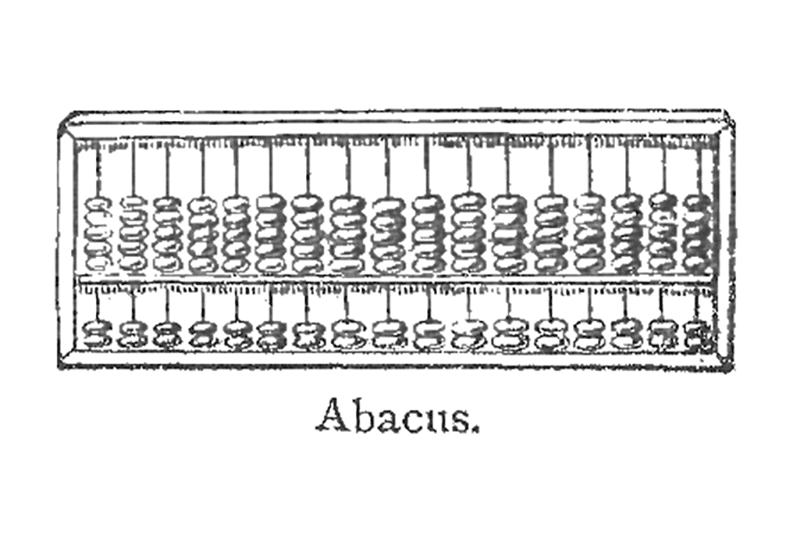Before investing lots of time in researching funding and finance options, work out how much – and what kind – of money you need.

Planning your budget
We all need different levels of income to develop our practice – you need know what level is right for you.
Money Saving Expert has a great online budget tool to help with this.
Looking at your income needs across a year is a good way to plan. Some costs will be seasonal (like holidays, appearing at fairs or taking part in open studios). Key cost areas you should consider include:
- Living costs
- rent / mortgage
- insurance, regular travel costs
- utilities
- childcare
- social life and hobbies
- holidays
- clothing
- food etc.
- Savings and debts
- loan repayments
- savings
- pension contributions
- life insurance
- Professional costs
- memberships or subscriptions
- professional insurance
- website hosting and development
- materials
- networking or research trips
- studio rent
- courses
- Specific plans
- projects planned (like residencies, exhibitions, new work) should be included
Budgeting enables you to work out your costs, but you should also calculate a rate of pay . This should suit your stage of career, past experience and aspirations.
What kind of money do you need?
There are three main types of money you might be looking for.
- Development capital
- Working capital
- Revenue
Each is used for different things:
| Development capital | Working capital | Revenue | |
| Use for: |
|
|
|
| Examples |
|
|
